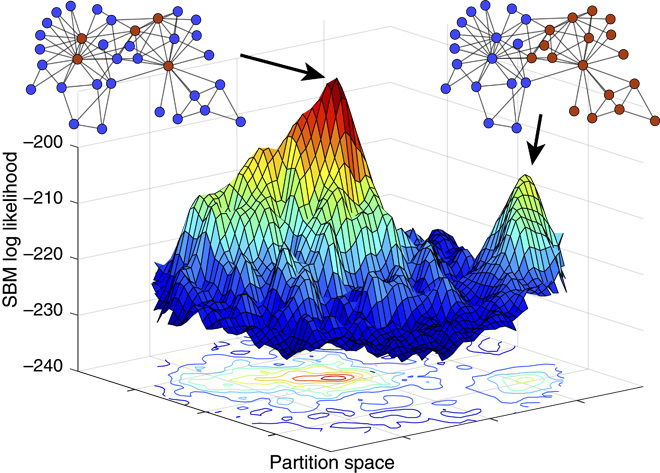
This module presents quantitative methods essential to test hypotheses. The first part of the course focuses on hypothesis testing, hypothesis testing using least squares, and some classic violations of the Gauss-Markov conditions. We will cover cross-sectional and longitudinal models for continuous dependent variables. This first part will also cover the basics of programming, data management, and data visualisation in the statistical computing environment R as well as the preparation of documents with statistical contents using LaTeX and knitr, but the main focus of the module is on statistical theory.
The second part of the module focuses on more advanced models ubiquitous in political science based on maximum likelihood estimation and other estimation techniques, starting with the generalised linear model and its various outcome distributions (models for binary, ordered, categorical, count, and event history data) and ending with advanced topics like inferential network analysis and topics in causal inference. This second part will again focus mainly on statistical theory but also cover many political science applications and their implementation using R.
The models and methods are approached substantively, mathematically, and computationally. Throughout the module, students will also familiarise themselves with the interpretation and presentation of empirical evidence in political science. The module will be particularly useful for students who aim to pursue careers in academia or in research-intensive environments, for example think tanks, research-related government posts, data science, or survey analytics.
- Module Supervisor: Nelson Ruiz